When I heard the news of Davy’s death, I was stunned. A weight settled in my chest, and the world turned surreal. I had trouble concentrating on my work, but luckily a toddler and a deadline are great motivators. And while I will shed a few tears for Davy tonight, my thoughts are with those whose grief is deep and searing—his wife and his four daughters, Talia, Sarah, Jessica, and Annabel.
I never thought Davy would be the first to go. He was the youngest Monkee, and always seemed the most fit. His off-stage life with his horses kept him athletic and strong. A heart attack makes no sense, but then death rarely does.
Much of the public never considered the Monkees a “serious” band, even though they were astronomically popular. Many people who only knew Davy as a Monkee wave him off with a snort. They don’t know that he had serious bona fides—he was a rising Broadway star before the Monkees got him. Davy was nominated for a Tony award for his role as the Artful Dodger in Oliver! He was on The Ed Sullivan Show the same day the Beatles were. You don’t get to those places without having something special.
Davy was my favorite Monkee. When my friends and I were in high school and college, we followed the Monkees as they toured. Whenever they came near, we were there—from New York to Virginia, from the wilds of New Jersey to the environs of Philadelphia. We called ourselves the Monkettes, made two halfway decent parody albums, and two completely cringeworthy videos. So, yes, we were groupies.
While the three Monkees who toured together (Mike Nesmith declined) treated their fans well, Davy always went the extra mile. He would stand outside the stage door until every fan got an autograph or picture, and never once look at his watch. In spite of the mass of fans around us, he had the talent of giving you his full attention for those few minutes he was with you. One time, my friends and I went to the hotel where the Monkees were staying after their concert. It had poured rain at the outdoor concert, and we were all soaked. When Davy noticed two particularly drenched girls shivering and shaking in the lobby, he had hot tea sent down to them.
A consummate performer, Davy never cancelled a show to my knowledge. One time, my friend Donna H. and I went to Long Island’s Jones Beach to see him do an open-air solo concert. He got about six songs in when a huge thunderstorm blew in from the ocean and caused a literal sandstorm before the deluge. To this day I firmly believe he would have stood there singing through it all if his band members hadn’t all disappeared when the lightning started.
When I was in college, my friend Donna L. and I went to WHYY studios to watch Davy tape the Don Kirschner Rock Awards infomercial. The filming dragged on and on and on. The audience wilted with fatigue. But Davy kept going. He joked with the audience during the down times, he stepped up whenever the cameras turned on, and he never wavered throughout that arduous filming session. He was a professional through and through, even though he had to be as exhausted as we all were.
Davy lived to be onstage. The audience jazzed him up, always, and he clearly gave us everything he had every time I saw him—which was too many times to count. He loved to interact with the audience, both onstage and off. He gloried in the spotlight.
Some people might have called this ego, or hubris. I never saw it that way. Davy Jones was supremely confident in who he was and what he did. Onstage he was magnetic and full of fun. Offstage he was warm and personable. Often irreverent, occasionally bawdy, he wore who he was right out there for all to see because he was secure in himself. He might have been only 5’4”, but he stood far taller than that in person.
Davy lived his life without apology and without regret. He made his living doing the things he loved most, and most people don’t get to do that. He was one of the lucky ones, and he knew it. I believe that was why he loved the stage so much, loved his fans so much. Because he understood that they were the reason he had risen from apprentice jockey to Monkee superstar.
Davy Jones didn’t need to be a daydream believer—he made all of his come true.
Curtains closed, Davy.
I hope you can hear the standing ovation.
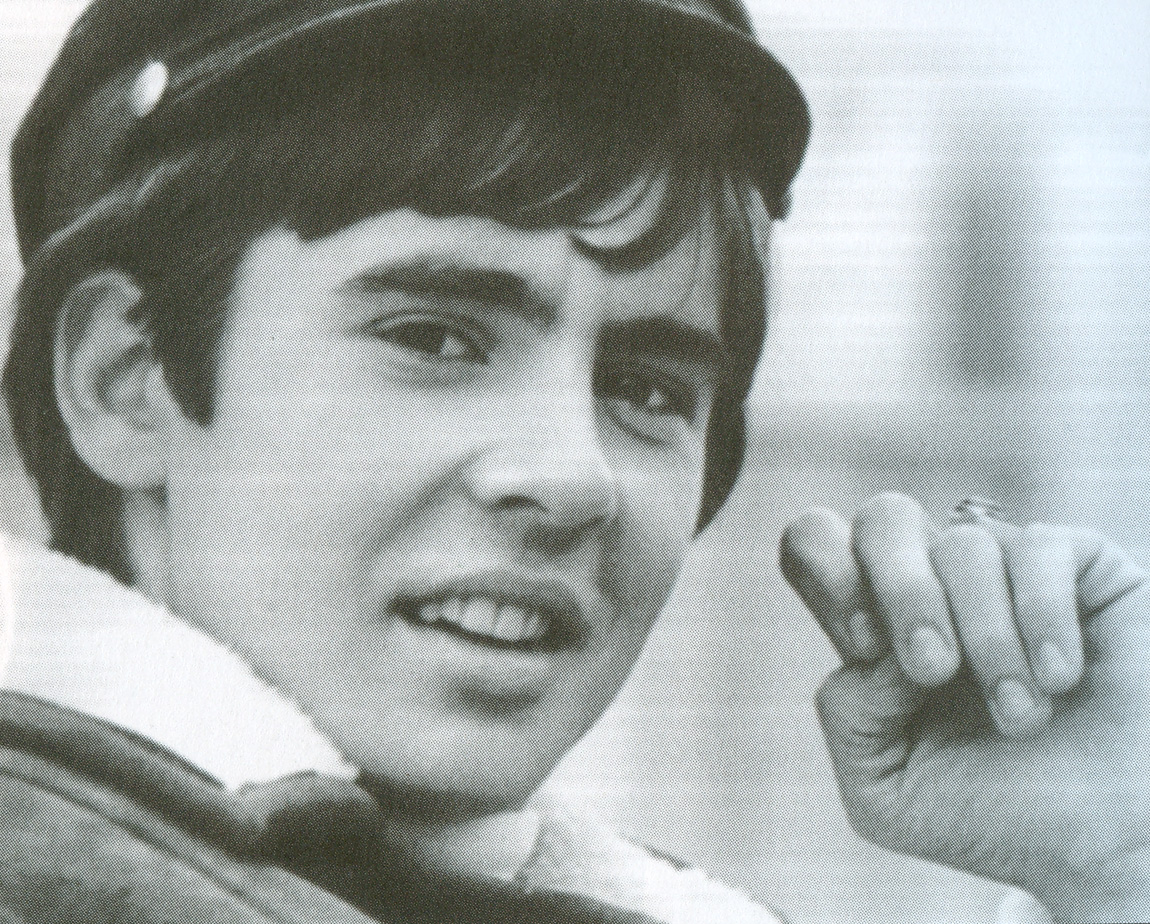
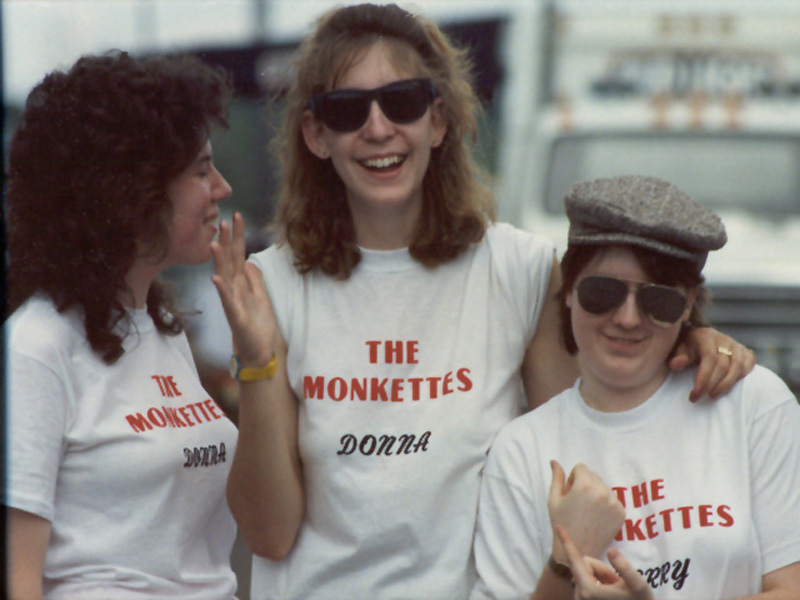
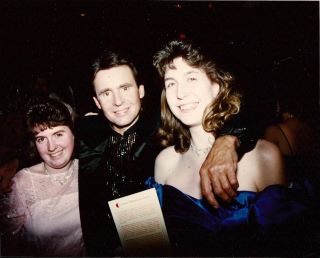
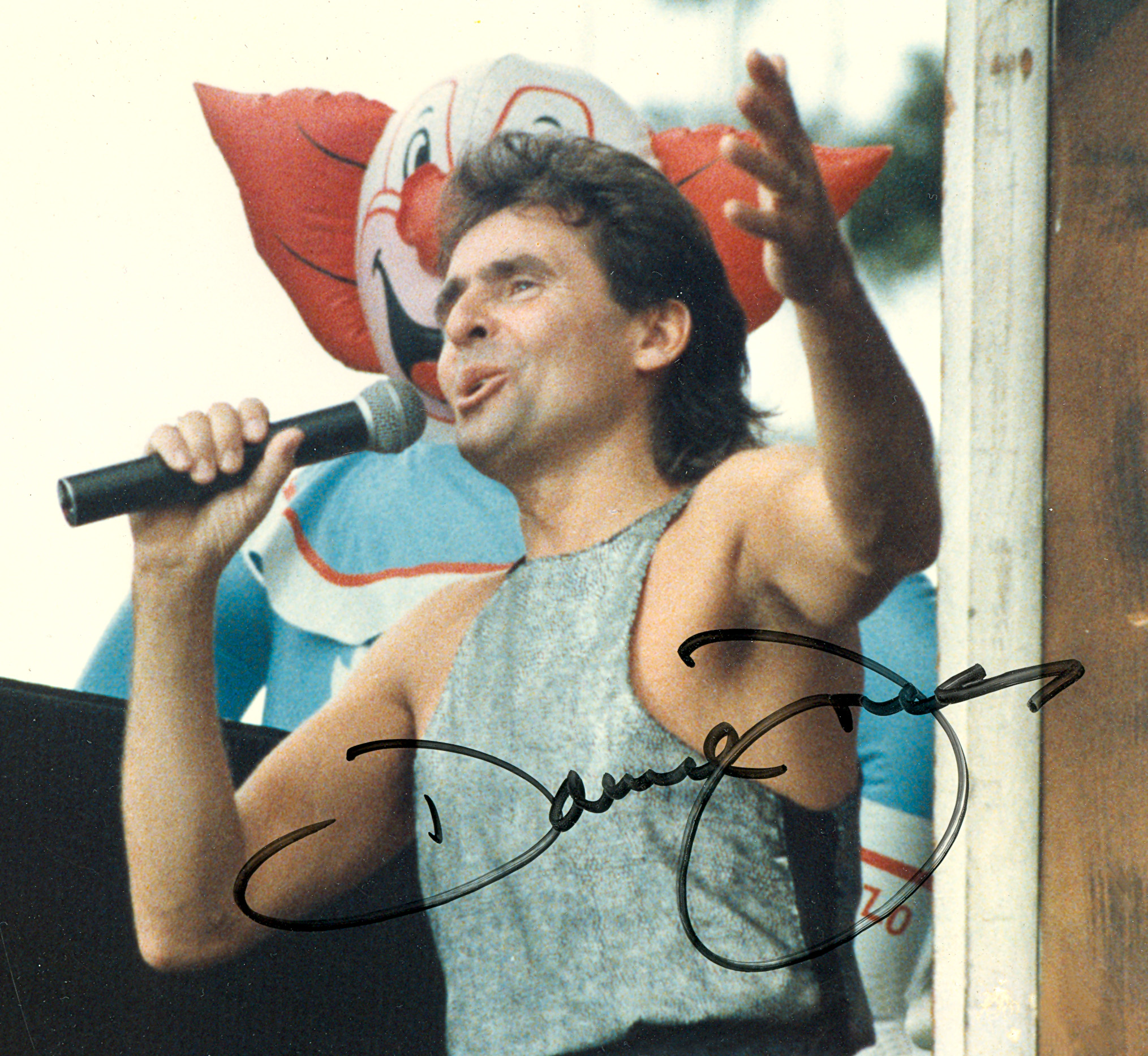
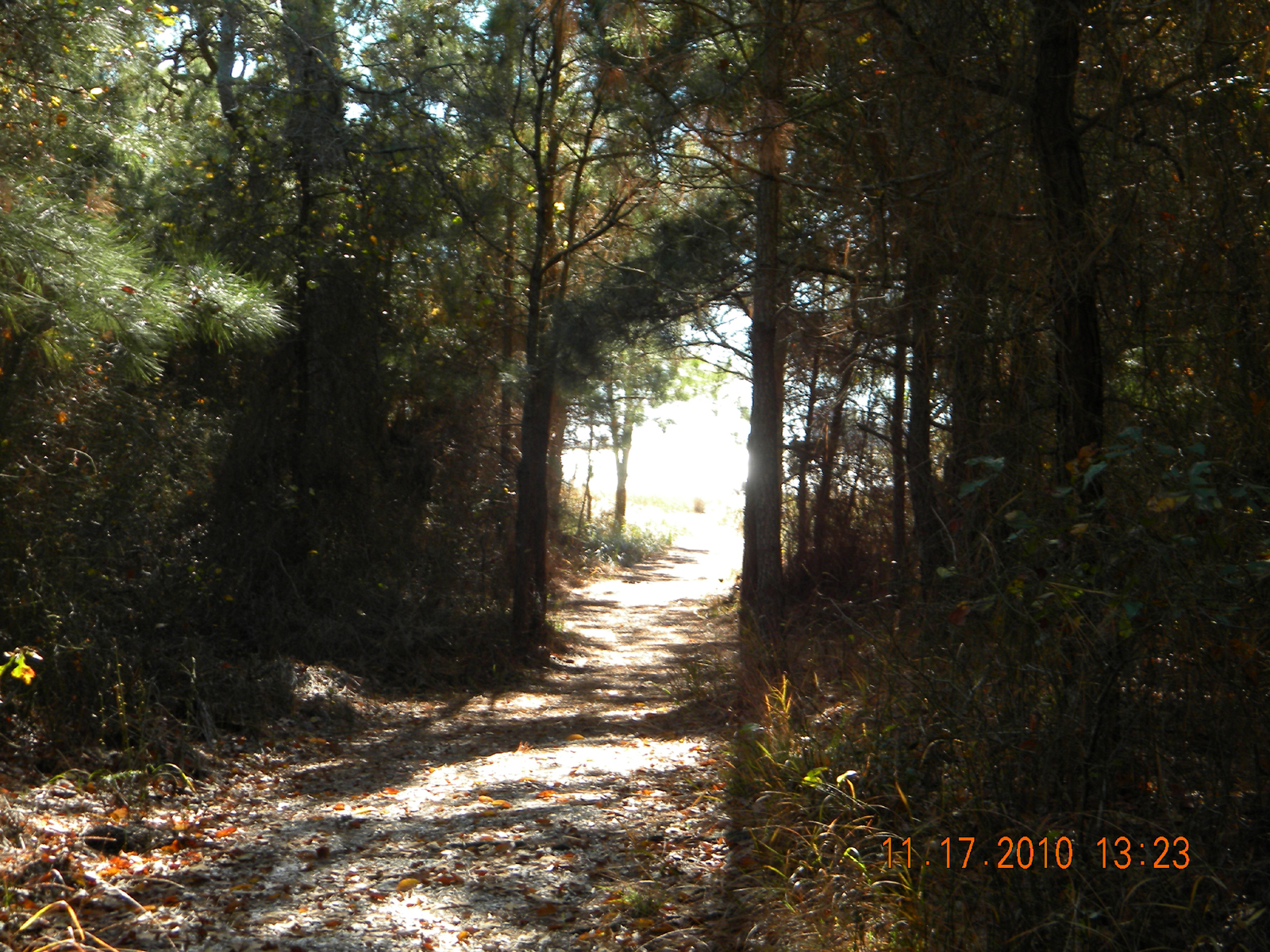
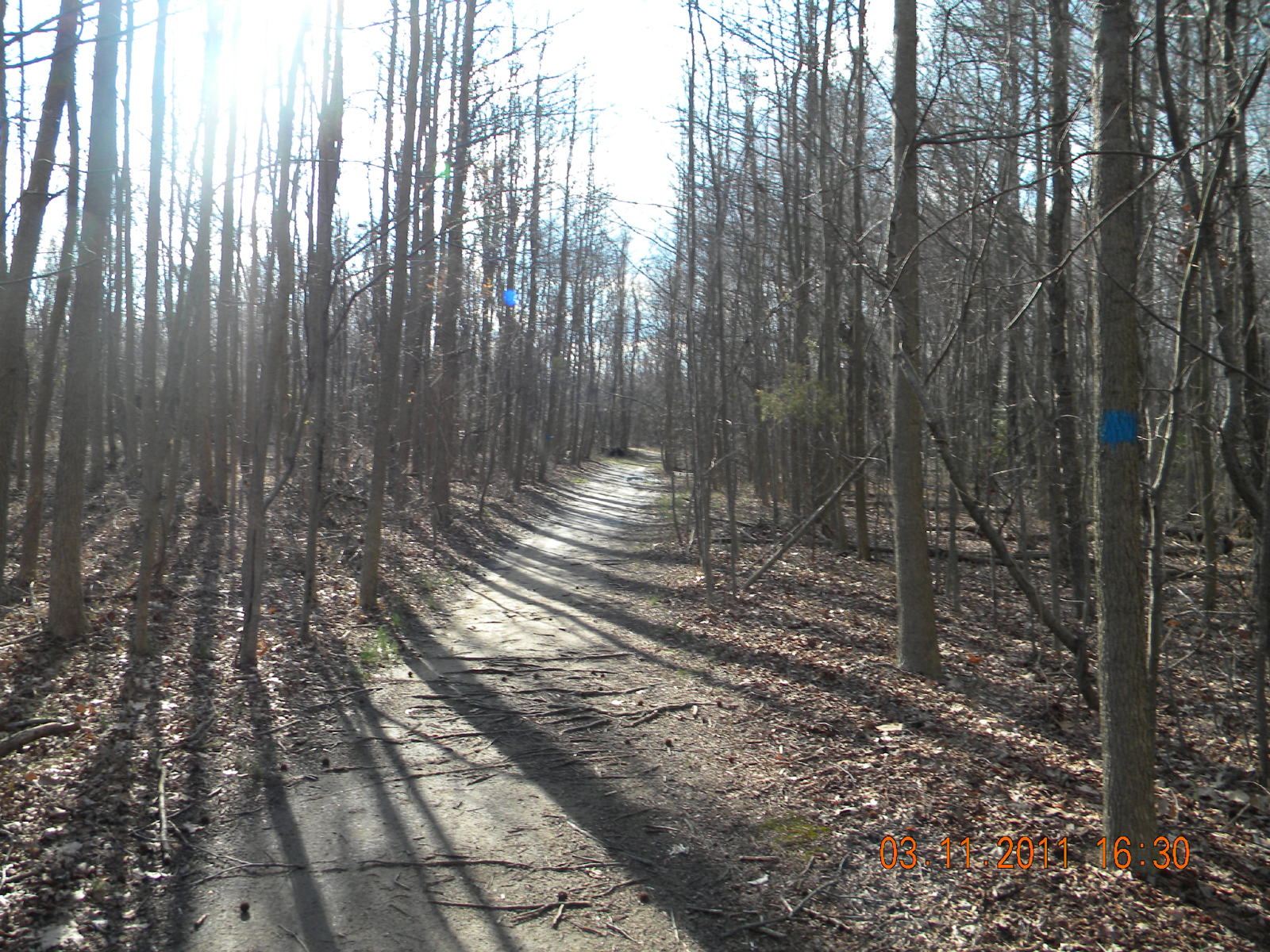

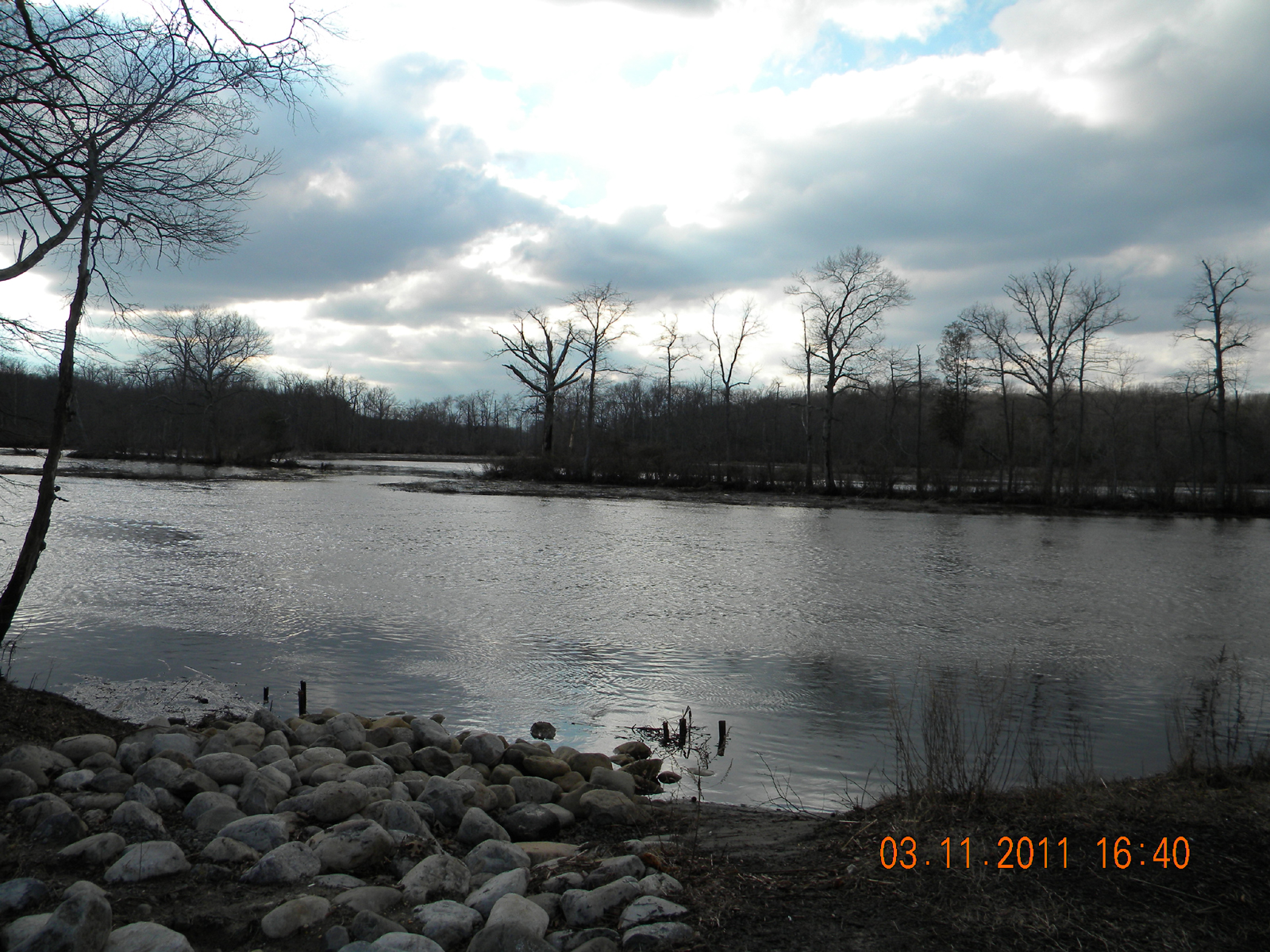
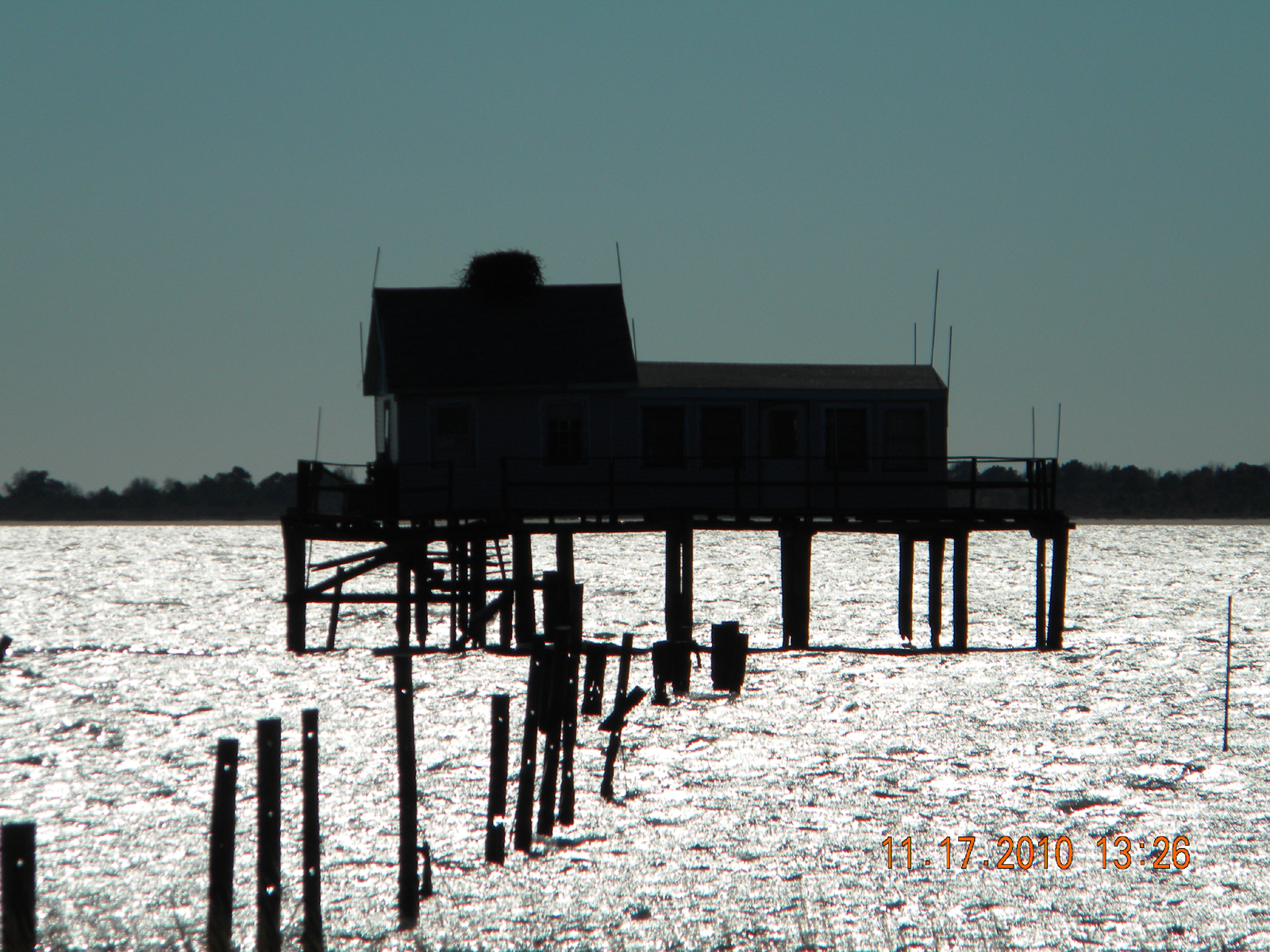
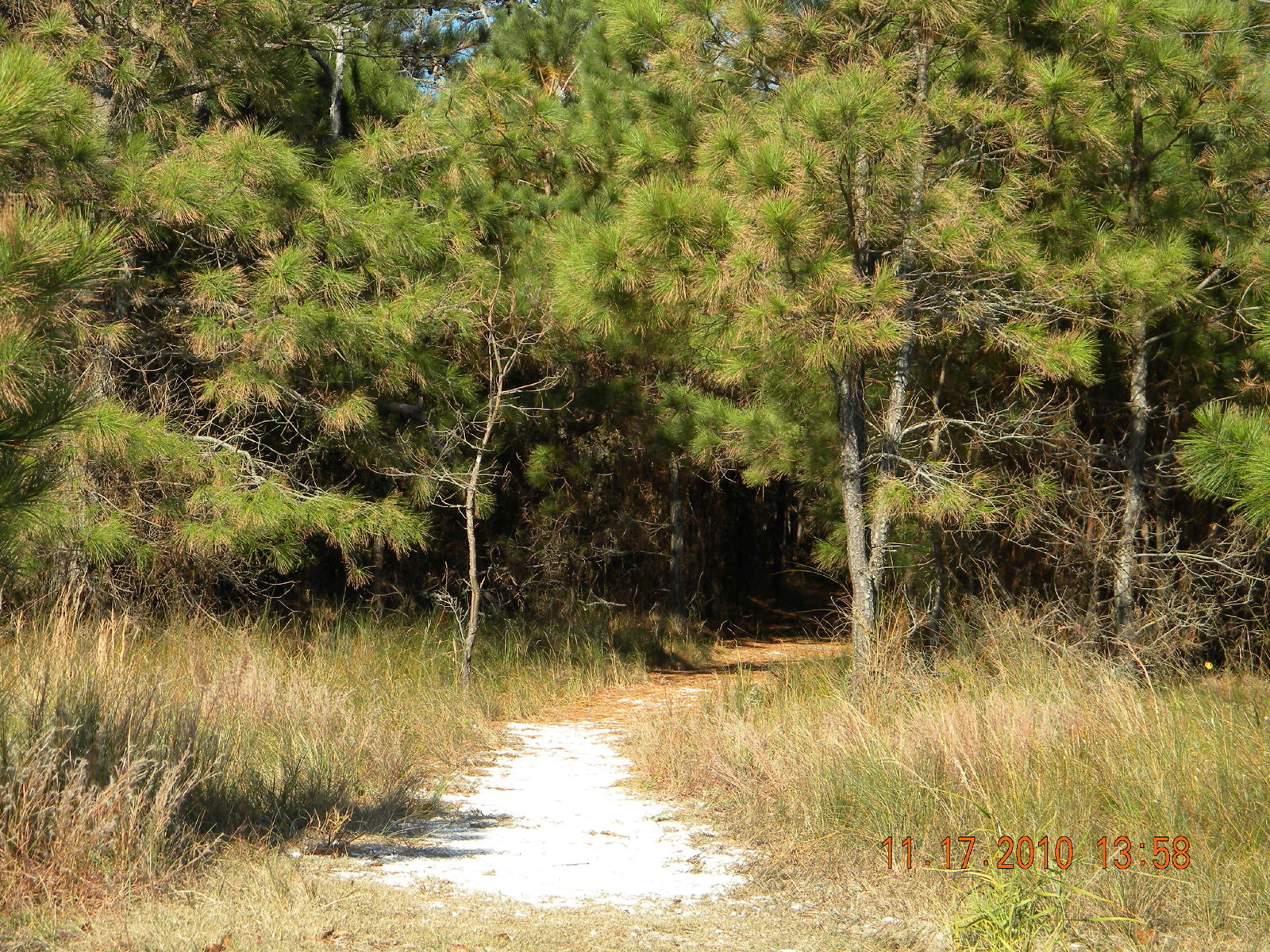


Undervaluing the Art of Writing
I’ve read a bunch of blogs lately that wonder why we writers are often reluctant to tell other (non-writing) people that we are writers. The answer always seems to come down to this: Other people do not value what we writers do.
Certainly if we are able to say that we have sold a bunch of books, or written for prestigious magazines, people do not react the same way as when we admit that we’ve been querying since the Jurassic era and still haven’t sold anything. They find little or no value in the hours and weeks and years of work and sweat and money we have put into improving our craft and writing book after book without any tangible return on our investment.
There was a time in history when art of all sorts was valued more than it is now. Many artists had patrons who supported them so they could focus on their art. The patrons got the prestige of having beautiful art made just for them, and the artist got to work with relative peace of mind. Paintings, sculptures, and, yes, even books were commissioned and paid for by avid supporters. Books were written and copied by hand, and owning a book was a privilege.
Not so anymore. Ever since Gutenberg, technology has contributed to the devaluation trend. We started being able to print out thousands of these things called books, and suddenly it wasn’t special to have a book—anyone could get one. Books stopped being art and became a commodity—units to be sold. Familiarity bred contempt.
Technology has also contributed to the proliferation of writers. The word processor has made it easy for people to write and revise. And with technology like laptops and tablets and smartphones, people can write anything, from virtually anywhere. Enter the ease of self-publishing these days, and a tsunami of writers has swamped the world. As always with when supply outstrips demand, less intrinsic value is placed on that item.
And because it appears so easy to write, writing doesn’t seem like work to people. It seems like play. Like…dare I say it…a hobby. And unfortunately, until you get an agent, until you get a book contract, most people will not consider what we do “real work”—because we are writing for no money. And in this day and age, that means there is no value to what we do.
But there is value in what we do, tremendous value. Personally, it gives us great joy, in spite of the sweating blood moments. Even more so, when we write something that touches someone, we have accomplished a minor miracle. Contemporary fiction might reach a person who felt that they were all alone and give them hope. Fantasy or science fiction might reach someone who needs an escape—or fire someone’s imagination. Every book that touches a reader takes them to someplace they have never been, into someone else’s life, and leaves the reader seeing their own world in a different way.
We inspire hope, compassion, understanding, courage, and dreams.
If that’s not value, what is?
So go ahead and say it – I AM A WRITER!